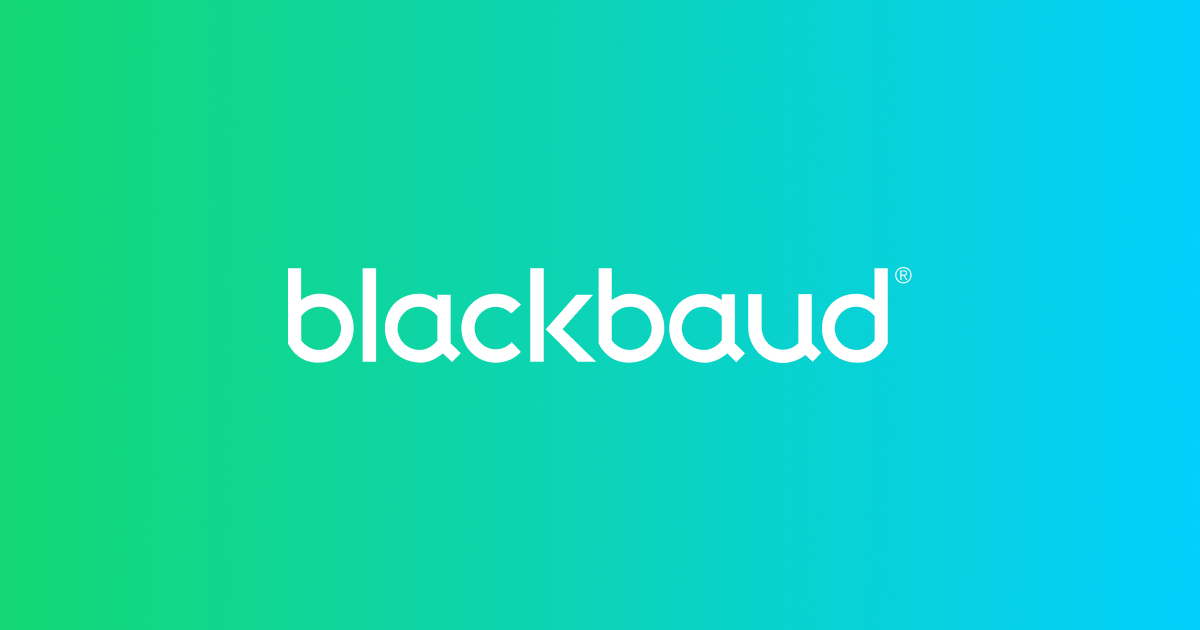Communication is a key element to online application success
Communication can be a challenge for many of us. Sure, we all talk with co-workers, bosses and peers — and add texts, emails and social-media messages in there, too — but we often don’t fully express what is necessary for organization and potential progress.
This can come into play in online applications as well, whether it’s for a job, grant or scholarship. Clear instructions that make it easy for an applicant to navigate an online form are essential to bring in the right kinds of candidates. Delivering messages that remind applicants of unfinished portions and upcoming deadlines and that notify them of successfully completed forms are crucial as well.
Here’s a look at some of the communication elements necessary with online grant and scholarship applications.
Consider the applicant every step of the way
Those who design online applications will of course want to make them as effective as possible. But effective for whom? The business/grant/scholarship source, or for the user? It’s important to keep the user’s experience in mind throughout the process. In a story for Forbes, Meghan Biro writes that “far too many organizations make a mess out of the candidate experience in the recruiting process.” One of her recommendations is to “walk in the job seeker’s shoes.”
“We’ve all been job seekers at some point in our careers,” Biro explains. “As you design or improve your hiring process, keep the applicant experience front and center at all times. Yes, this is about fulfilling your organization’s needs, but the more you understand and design the process from the applicant’s point of view, the more successful you will be.”
Reminders and updates
It’s natural that applicants might not be able to complete the process in one sitting. Perhaps they will need to retrieve some documentation, or they will want to give thoughtful contemplation to a series of questions on the application, or they just can’t get it done before school or work that morning. Regardless of the reason, it’s a must that they are able to save their progress on the application and then have the ability to go back to it later.
It’s also important that the grant/scholarship/business has a reminder system in place, so that the application isn’t forgotten, especially as deadlines approach. An email or text benefits both sides: It won’t require additional time and effort to send, and it’s a helpful tool to the applicant. Another option is using a virtual phone number, which is also a safer way for notifications and updates. These notifications can also list pages that have missing information, so that the applicant can go back and fill in those blanks before submitting the application. See more of our tips on these reminders here and here.
The experience and communication matters
Though candidates may be faceless names in a list, remember that their application experience matters, and it can go beyond that one opportunity. In a statement, Rosemary Haefner, chief human resources officer of CareerBuilder, describes just how important communication can be: “Candidates remember when companies don't respond to them, fail to update them on the status of their application or don't follow up after an interview. Not only do these experiences make candidates less likely to apply to the company again, but they also make them less likely to purchase from the company as customers."
Brooks’ story on the survey details some of the impact that Haefner describes: “More than 80 percent of employers believe there's little to no negative impact when a job seeker has a poor experience during the hiring process. However, about 60 percent of candidates are less likely to buy from a company they've applied at if they don’t get a response to their application or have a bad experience in the interview. The reverse can also be true, as nearly 70 percent of candidates are more likely to buy from a company to which they’ve applied if they’re treated with respect and receive consistent updates throughout the application process.”
Remember: It doesn’t have to be an arduous process
An excessively long and difficult application may cause applicants to avoid it, or not follow through to completion. The communication throughout can help to ease this burden, especially the reminders and confirmation updates. Other boosts can come from the layout of the application, the questions asked and the formatting (see some of our tips here).
As Jen Picard writes in a story for LinkedIn, “Some employers argue that a difficult application weeds out many job seekers, but what they don’t realize is that it’s the most qualified candidates that they lose.”
“… The best advice I’ve ever heard about the application process is really quite simple: take yourself through your own application process,” she says. “Ask yourself: if you were looking for a new job and wanted to take your awesome recruitment skills elsewhere, would you find this application worth your valuable time? Make sure that you test any technology you use to see if it performs the way you'd expect. … By testing your own application process, you can see if it may be one of the reasons you're not getting quality applicants.”
FAQs
1. Why is communication a key element of online application success?Clear instructions that make it easy for an applicant to navigate an online form are
essential to bring in the right kinds of candidates. Delivering messages that remind applicants of unfinished portions and upcoming deadlines and that notify them of successfully completed forms are crucial as well.
2. What are the communication elements necessary with online grant and scholarship applications?Here are the communication elements necessary with online grant and scholarship applications:
- Consider the applicant every step of the way
- Reminders and updates
- Experience in communicating.


